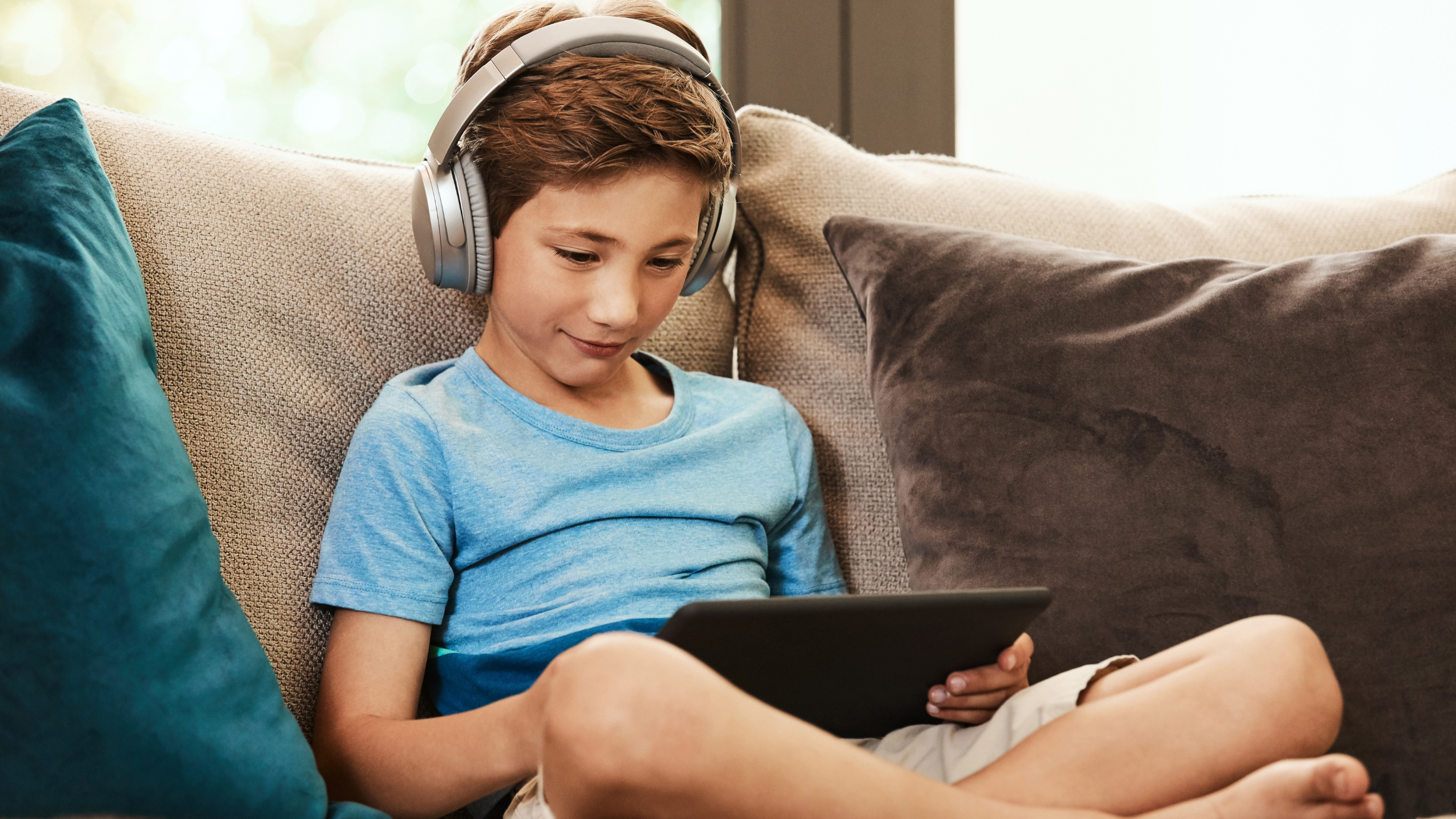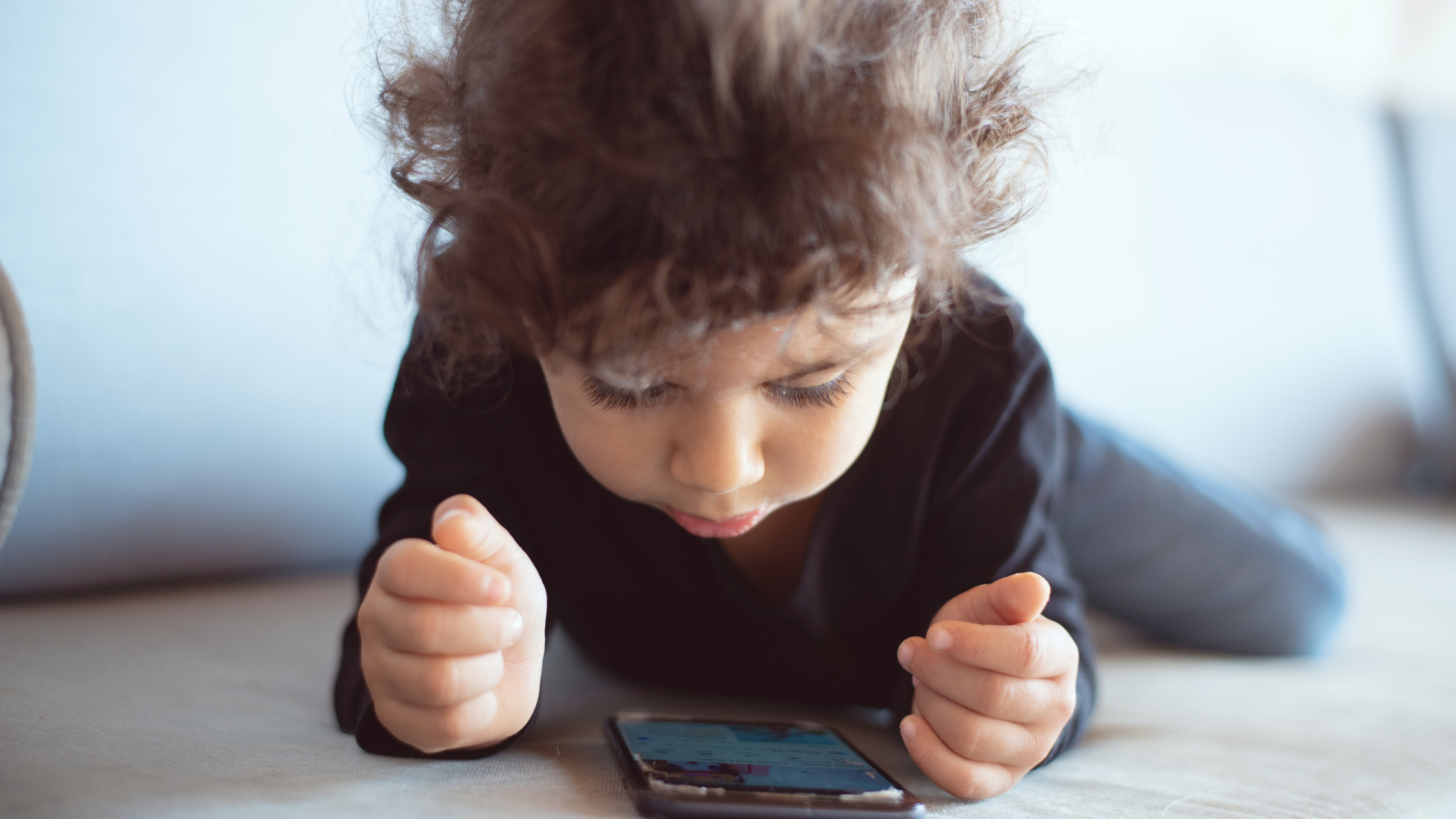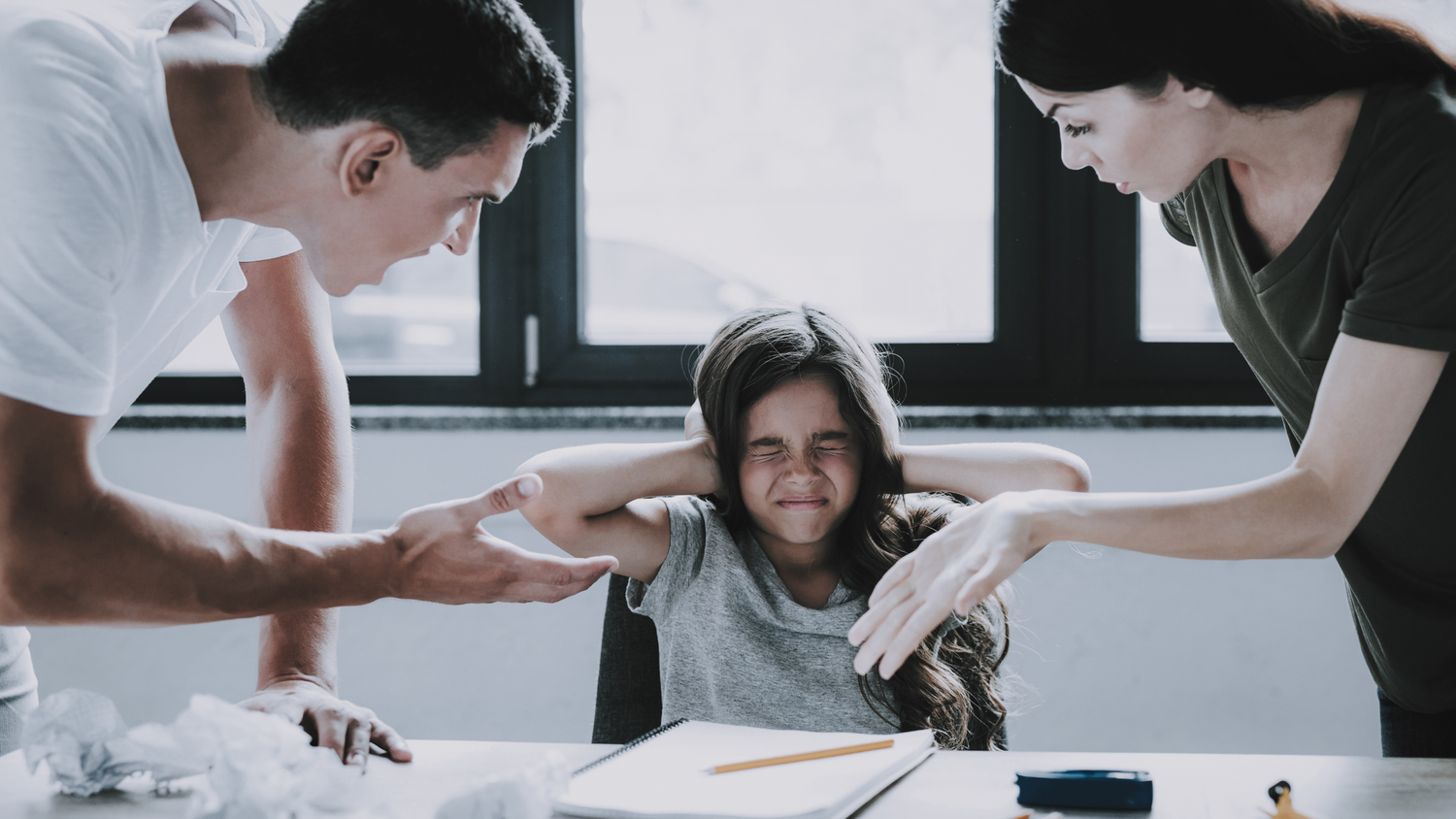Are you worried about how social media might affect your teen’s mental health?
Research shows that excessive social media use is closely linked to mental health challenges in teens. But why is this the case, and what can parents do to help?
With 95% of teenagers using platforms like Instagram, TikTok, and Snapchat, social media has become nearly universal. Alarmingly, 1 in 5 teens say they use it “almost constantly,” while 50-58% use platforms like YouTube, TikTok, and Instagram daily (Anderson et al., 2023). While these platforms offer opportunities for connection, they also raise serious concerns about their effects on mental health.
Why Parents Worry About Social Media and Teen Mental Health
Parents are increasingly concerned about their teens’ social media use, with nearly 50% worried about exposure to explicit content, procrastination, and mental health issues (Vogels et al., 2023).
Anxiety, depression, and low self-esteem are frequently linked to social media use. These concerns are especially heightened for parents of teen girls, who may be more vulnerable to the negative effects of digital life.
How Social Media Impacts Teen Mental Health and Body Image
Studies have shown clear links between social media use and mental health issues:
- Appearance Preoccupation and DepressionA study of 163 teens (ages 15-18) found that those highly focused on their physical appearance in social media photos experienced higher levels of depressive symptoms over a year, regardless of overall screen time. This effect was even more pronounced in girls (Maheux et al. 2022).
- Body Image Concerns in Pre-TeensAn Australian study of 528 pre-teens (ages 10-12) found that YouTube and Instagram users were significantly less satisfied with their bodies than non-users. Frequent appearance comparisons on social media were linked to higher depressive symptoms (Fardouly et al. 2020).
Practical Steps for Parents
It’s not just about how much time your teen spends on social media—it’s also about what they’re consuming and how it affects them. Here are some tips:
- Monitor Content: Keep an eye on what your teen views online.
- Pay Attention to Behavior: Notice changes in mood or self-esteem after screen time.
- Encourage Breaks: Studies show that even short breaks from social media can improve mental health:
- A 3-day social media fast improved body image in pre-teen and teen dancers (Roberts et al. 2022).
- A Canadian study found that limiting social media use to 1 hour daily for 3 weeks increased self-esteem in youth (Thai et al. 2023).
Should You Be Concerned?
If your teen seems more anxious, withdrawn, or self-critical, it may be time to intervene. Open conversations and setting boundaries around social media can make a big difference.
By staying informed and proactive, you can help your teen navigate the digital world in a healthier way.














